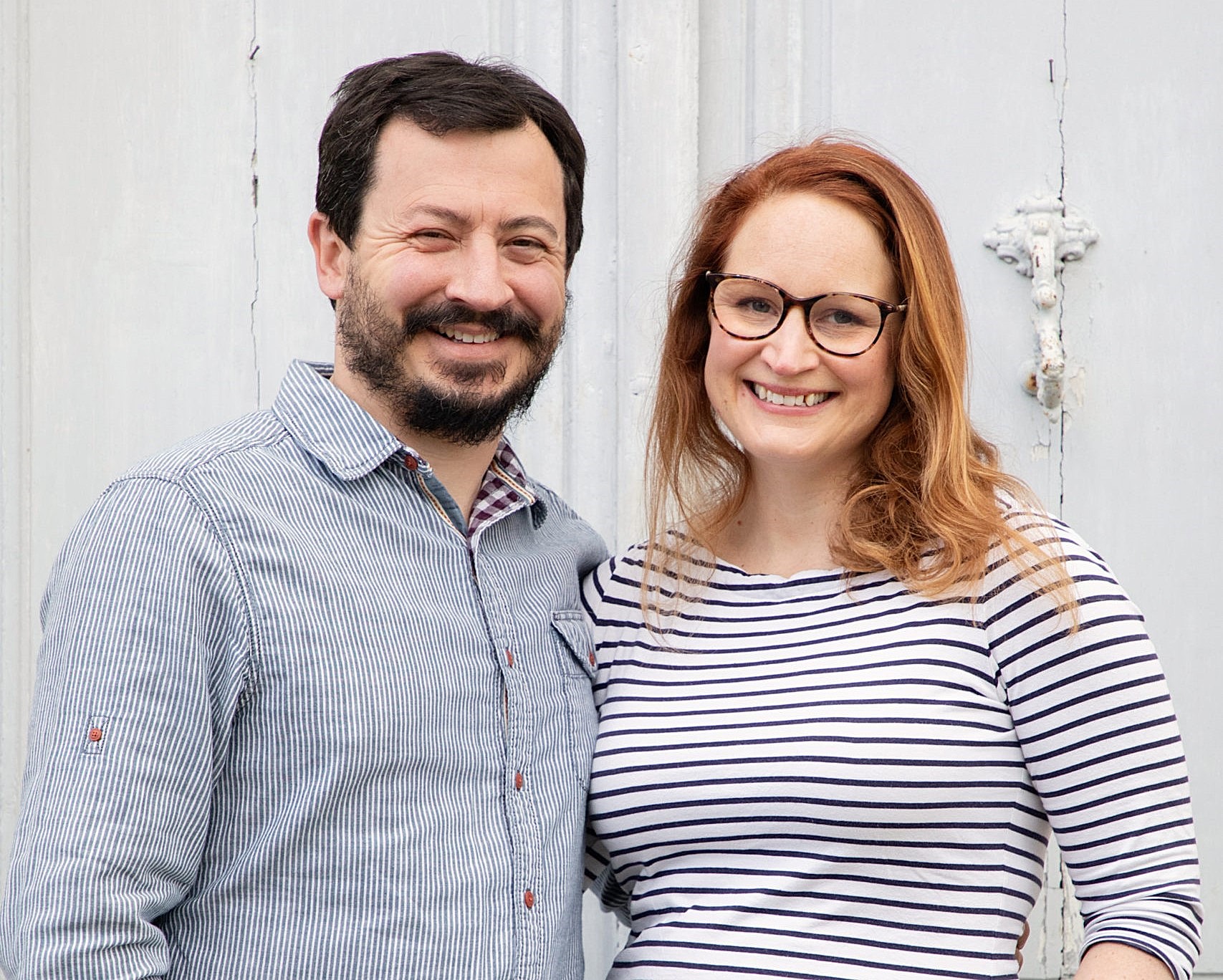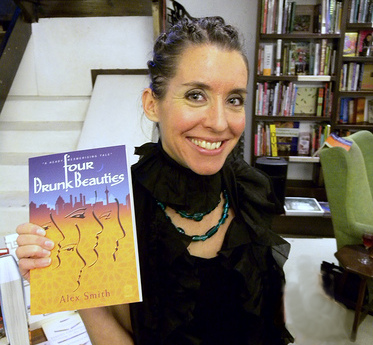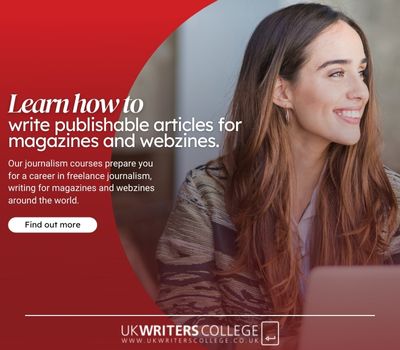Being a freelancer is a cut-throat business. Once you have an ‘in’ with an editor, you want to ensure you keep them happy. That way you’re on their list of preferred journalists to work with for future assignments.
Here are 17 tips for how to stay in your editor’s good books:
If you haven’t been provided with the publication’s style guide, ask for it. Most publications will have one that will include whether to use UK or US spelling, when the first or third person should be used, as well as other likes and dislikes of the editor. Examples will be provided on how certain words are to be written, such as Wi-Fi or wifi, air-con or aircon, what to capitalise, etc. I once had an editor who specified never to use there is, or there are (when reviewing accommodation for a travel publication). So instead of saying ‘There is a fireplace in the living room’, for example, rather say, ‘A fireplace forms a focal point in the cosy living room.’
Don’t use fancy fonts, and don’t hand in articles in PDF that can’t be edited. Ask if a specific font size is required and if the article should be aligned left or justified. These points should all be in the style guide.
Always spell and grammar check before sending in your first draft. Do not rely on spell-check, as it won’t pick up words that are correctly spelt, but not the correct word in context. Yes, it’s the editor’s job to edit your work, but they don’t want to be dealing with silly errors.
Always hand your work in by the deadline – or earlier when possible. If you’re running late due to an emergency, let your editor know. Don’t let them chase you for work.
Understand the brief… and stick to it. If you’re unsure, rather check before starting. You don’t want to waste your editor’s time, as well as yours, by having to rewrite the piece.
Avoid clichés like the plague (see what we did there?). No travel publication wants to hear about ‘hidden gems’ or ‘off the beaten track’. That is lazy writing; be creative!
Use strong nouns and verbs. These are far more descriptive than adding adjectives or adverbs. For example: ‘the Rottweiler’ tells the reader exactly what the dog looks like compared to ‘the big, black dog’.
Unless you’re writing a formal piece, use contractions for a more natural voice.

Ask for a word count – and stick to it, particularly for print media. Online articles have a little more flexibility with regard to space. Cut redundant words. Don’t say ‘the white snow’, as the reader would assume snow to be white. When needed, you could say the ‘dirty snow’.
Fact check, and no… Wikipedia does not count as a reliable source.
Ask the editor if they require ‘fact boxes’ or ‘pull quotes’ alongside the body of the article. Provide a title and a sub-title.
Never plagiarise!
Graciously accept feedback and comments to help you improve and better your chances of being hired again.
Research the publication and be sure to write with its audience in mind.
If you’re a decent photographer, ask if you can submit photos to be considered with the written content.
Respond to communication from your editors timeously.
And lastly, let editors know your expertise or strengths so that you are their go-to person when they need an article about that location or field. Read our blog on specialising in a niche as a freelance writer.
About the Author

Rose-Anne Turner completed the Travel Writing Course at SA Writers College in 2008.
Since then, she’s worked as both a freelance writer, focusing on travel and lifestyle and a staff feature writer for the Samui Holiday Magazine when living in Thailand. She’s had articles published in both online and print media, including Explore Africa, Travel Ideas, Interval International, and Portugal Living, as well as inflight magazines The Holland Herald (KLM), Sawasdee (Thai Airways), and Morning Calm (Korean Air).
Rose-Anne now lives in Portugal, and aside from freelance writing, she also co-owns a TEFL (Teach English as a Foreign Language) training company, with branches in Thailand, Cambodia and Indonesia, helping those with wanderlust and a love of the English language find a way to live and work abroad.













